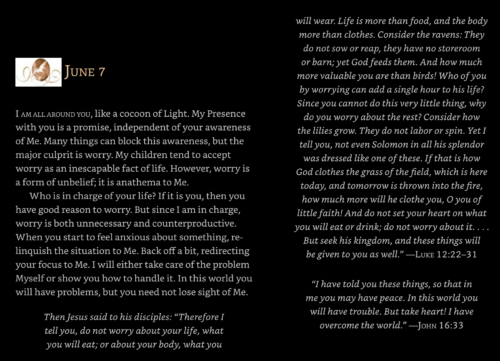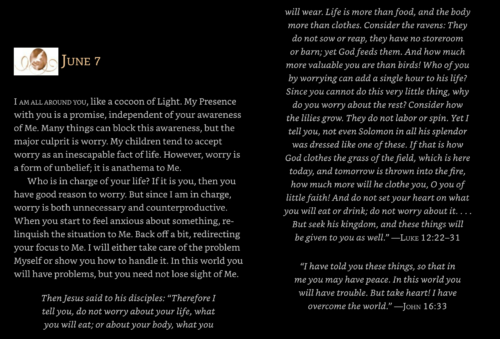The Rev. Dr. Barbara Holmes shares her experiences of the Holy Spirit and being an “everyday mystic”:
There is no template; there is no right way to encounter the spirit world. It can occur as a simple understanding of unity, the nonduality of an observer and the observed, oneness, feelings of sacredness, peace, bliss, transcendence, a feeling of changing and transforming time and space, or an intuitive conviction that the experience is a source of objective truth and ultimate reality. The ordinariness of my mystical experiences taught me that being an everyday mystic is not limited to ritual, visitation, and mysterious power. It also just broadens the scope of your personal identity. It includes normal gifts like healing, grounds us in faith, grounds us in our ancestral heritage.
Being an “everyday mystic” for Dr. Holmes is also connected with her time spent in Pentecostal churches. She draws upon what Jesuit theologian Karl Rahner (1904–1984) described as “mysticism of the masses”:
The mysticism of everyday life is an opportunity to deeply mine the depths of human experience, relationships with others, and our encounters with nature. Rahner says to be a mystic is to occupy the core of human experience. . . . Mystery is mysterious. It is! Sometimes it comes in stillness when you’re alone. Sometimes it comes without drama and fanfare. Sometimes it comes as an epiphany, an awakening. And sometimes, it comes while you’re practicing the gifts of the Spirit. . . .
The “mysticism of the masses” [1] that Rahner refers to is a manifestation of charisms, Pentecostalism, dramatic conversions, glossolalia (speaking in tongues), prophecy, being drunk in the Spirit or slain in the Spirit in the language of Pentecostalism. [2] Rahner calls this “noisy mysticism,” and he considers it just fine and real if it increases faith, love, and charity. [3] He urges adherents to self-examine their own enjoyment of the phenomena.
I have inhabited those spaces most of my life. If I had a choice between a tall steeple church and a pew in a storefront in the middle of an impoverished neighborhood, I’d pick the storefront, because I’d know that there’d be more happening in the storefront than in the tall steeple church. There’d be mysteries inside those walls. . . .
One of the reasons I was attracted to this “mysticism of the masses” is because it was a recovery of Africanism’s long-lost past—in the transport from Africa to the Americas that my ancestors made. We’re always looking for ways to reconnect and this type of worship was very, very stimulating, and given the fact that my profession lawyering and academic work was very cool and wintry, when I came home on weekends and wanted to visit faith spaces, I tried to find the most mysterious, strange, storefront, noisy mystics that I could. . . .
Perhaps I am not the embodiment that Karl Rahner imagined but I am a mystic all the same. . . . Every ordinary thing is infused with mystery.
I am an everyday mystic. So are you.
Sarah Young…
Rest in Me my child. Do not try to plan, organize and control your future. Pray instead, asking My Spirit to take over…. then rest in Me.
1 Thessalonians 5:15
Pray without ceasing.
Psalm 139:9-10
If I take the wings of the morning and dwell in the uttermost parts of the sea, even there your hand shall lead me, and your right hand shall hold me.
Psalm 62:5
Yes, my soul, find rest in God; my hope comes from him.

